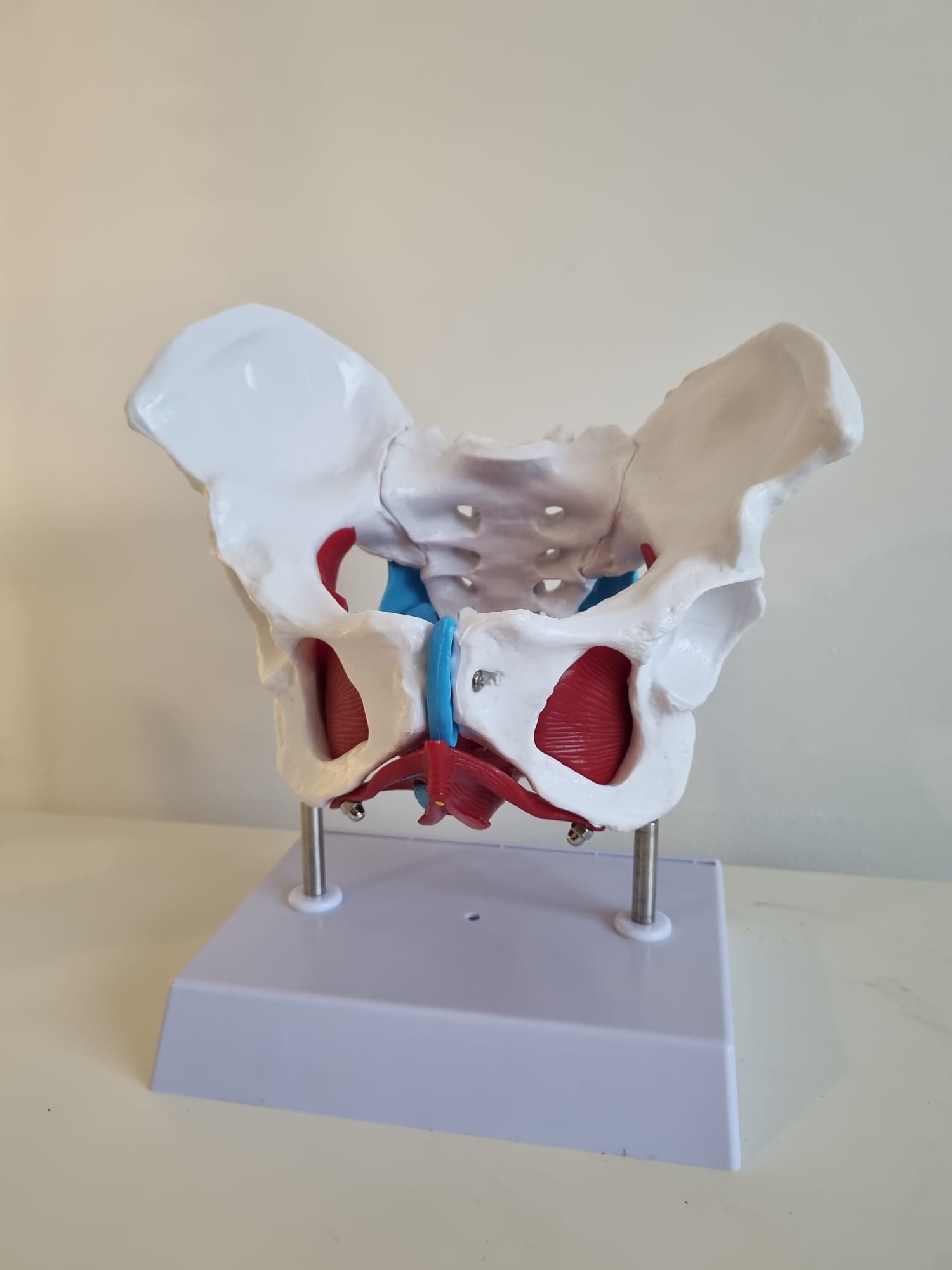
Whiplash and Concussion
Understanding Whiplash and Concussion After a Car Accident…
Okay, so you’ve just been in a car accident, and the adrenaline rush and shock is starting to fade. You may be experiencing neck pain, stiffness, and perhaps even symptoms of a concussion. It’s time to get yourself checked out for whiplash. Read on to learn more and if you want to get onto the road to recovery straight away just call us on 9570 3388 or book online to make an appointment at Holistic Bodyworks.
Whiplash is a neck injury often sustained in car accidents when the head is suddenly jerked forward and then backward, much like the cracking of a whip. This rapid motion can strain or even damage the soft tissues in your neck, including muscles, ligaments, and tendons. The primary cause of whiplash is the sudden deceleration of a car, but it can also occur during other activities that involve quick changes in motion, such as sports or slip and fall accidents.
Anatomy of Whiplash
The cervical spine, made up of seven vertebrae, supports the neck. Between these vertebrae are intervertebral discs that act as shock absorbers and provide flexibility. Muscles, ligaments, and tendons surround the spine to support and stabilise it. During a whiplash injury, these structures can be strained or injured.
- Soft Tissue Injuries: The most common injury involves the soft tissues of the neck, including muscles, ligaments, and tendons. These tissues can become strained or torn, resulting in pain, stiffness, and swelling.
- Facet Joint Injuries: The facet joints, which connect adjacent vertebrae, can be damaged, or irritated during a whiplash injury. This can cause pain and reduced mobility in the neck.
- Intervertebral Disc Injuries: The intervertebral discs act as cushions between the vertebrae. Whiplash can compress and strain these discs, potentially leading to disc herniation or bulging.
- Nerve Compression: In some cases, the displacement of the cervical vertebrae can put pressure on spinal nerves, causing symptoms such as radiating pain, numbness, or tingling in the arms.
Now, let’s talk about the often-overlooked connection between whiplash and concussion.
A concussion is a type of traumatic brain injury (TBI) that can occur when your head is subjected to a sudden jolt or blow. In a car accident, the head can hit the steering wheel, dashboard, or other objects, causing the brain to move inside the skull. This motion can lead to bruising, tearing of nerve fibres, and chemical changes in the brain.
Symptoms of concussion may include;
- confusion
- memory problems
- dizziness
- headaches.
So, whiplash and concussion injuries aren’t all the same and not all are immediately apparent – some symptoms may develop over time. If you’ve been in a car accident and suspect whiplash or concussion, please call us to make an appointment so we can evaluate you and determine the appropriate treatment plan.
Osteopathic Treatment for Whiplash and Concussion
What can we do to help? Well, Osteopathy is a holistic approach to healthcare that focuses on the musculoskeletal system and its connection to your overall health. We aim to promote the body’s natural ability to heal and self-regulate. Here’s how we can assist in cases of whiplash and concussion:
- Musculoskeletal Assessment: We will conduct a thorough assessment to understand the extent of your injuries and their impact on your musculoskeletal system. We’ll refer you to other health professionals if necessary.
- Manual Techniques: Osteopaths use manual techniques such as soft tissue manipulation, stretching, and gentle joint mobilisation to alleviate pain and improve the mobility of the neck and spine.
- Cranial Osteopathy: This specialised technique may be beneficial for patients with both whiplash and concussion. We will apply gentle touch to release tensions and restrictions in the cranial bones and membranes, potentially alleviating symptoms related to concussion.
- Postural Advice and Exercises: It makes sense to strengthen the neck and its supporting muscles after an injury. We will provide advice on maintaining good posture and recommend exercises to strengthen the neck and supporting muscles. These exercises can aid in the recovery process and prevent future complications.
In conclusion
In the aftermath of a car accident, the injuries can go far beyond what’s immediately visible. Whiplash and concussion are complex conditions that require careful evaluation and treatment. We are here to help with a holistic approach to addressing the musculoskeletal aspects of these injuries, managing your pain, regaining mobility, and promoting overall well-being. Give us a call on 9570 3388 to make an appointment with the osteopaths here at Holistic Bodyworks if you or someone you love has been affected by whiplash.
We hope you found this informative and helpful. If you did, why not also follow us on social media? We’re on Facebook HBodyworks and Instagram holisticbodyworksosteopathy. We share helpful and informative stuff there too (and only the occasional bad joke.)
References:
Physiopedia. [ND] Predicting Outcomes in Whiplash. [Online] Available at https://www.physio-pedia.com/Predicting_Outcomes_in_Whiplash?utm_source=physiopedia&utm_medium=search&utm_campaign=ongoing_internal. (Accessed on 26/10/2023.)





